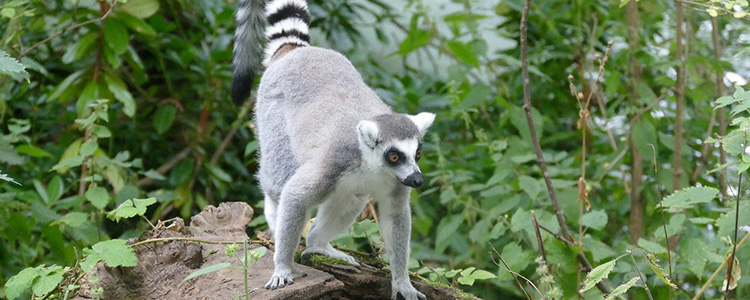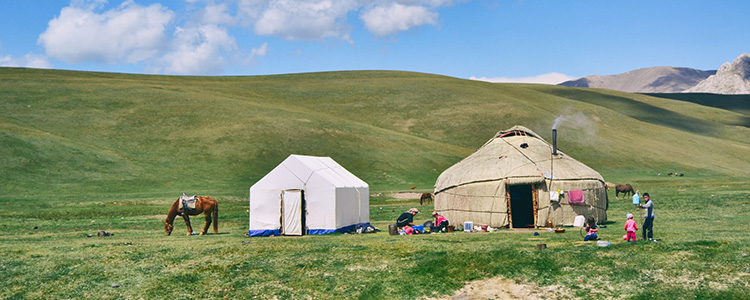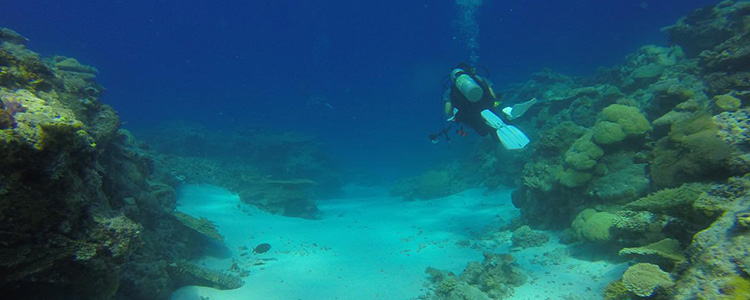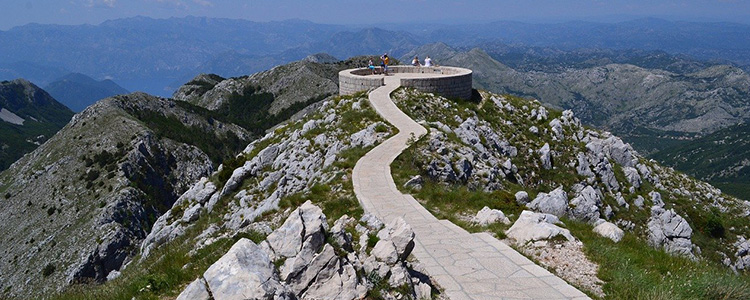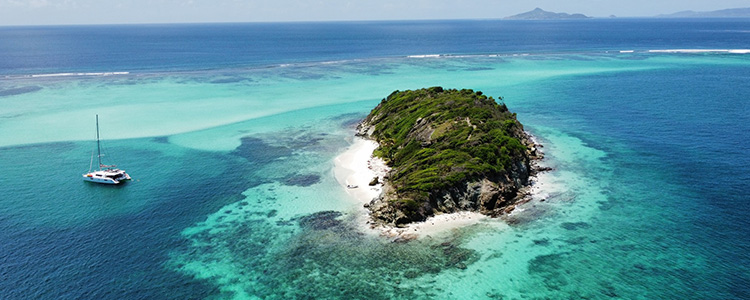Oceania and The Pacific Country Bundle: suggestions, stories and tips
Content about The Pacific on WorldSupporter
 Oceania: Updates & Travel
Oceania: Updates & Travel
Travel in Oceania?
- Who doesn't know them from the beautiful photos and films like Blue Lagoon: the tropical bounty islands in the Pacific Ocean (The Pacific): palm trees, white beaches and beautiful diving locations. Direct flights are often a bit expensive, but on the way to or from Australia or New Zealand there are often 'stop overs' possible. Expensive (but oh so beautiful) destinations like Bora Bora and Tahiti may not be for everyone, but the Fiji Islands, for example, also offer great opportunities for budget travellers.
- Visit Abel Tasman Park and Kaikoura (New Zealand).
- Put on the list to visit Micronesia with Palau/Belau is a world location for divers.
- Bora Bora (high bounty content), Fiji (affordable, with some effort) and other islands in the Pacific, such as Vanuatu, and Great Barrier Reef, Sydney, Melbourne and Ayers Rock (Australia).
Updates Oceania
- More about Oceania, updates and contributions, see the link below.
 How does healthcare work in Oceania and on the Pacific islands, and what travel insurance, health insurance or expat insurance do you need?
How does healthcare work in Oceania and on the Pacific islands, and what travel insurance, health insurance or expat insurance do you need?
- How does the healthcare system work in Australia, Oceania and the Pacific islands?
- How does the public healthcare system work in Australia and Oceania?
- How does the private healthcare system work in Australia and Oceania?
- How is the general practitioner arranged in Australia and Oceania?
- How is the dentist arranged in Australia and Oceania?
- How is pregnancy care arranged in Australia and Oceania?
- How safe or unsafe is a trip or stay in Australia and Oceania?
- What work and travel insurance policies are suitable for short and long stays in Australia and Oceania?
- What emigration and expat insurance can you take out for Australia if you are going to live there for a while?
How does the healthcare system work in Australia, Oceania and the Pacific islands?
- The quality of health care in Australia and New Zealand is very high, with modern facilities, well-trained staff and reliable systems.
- However, in smaller Pacific island states, the level varies greatly, with some islands having only basic facilities and serious shortages of equipment and specialists.
- Australia and New Zealand have many good, strictly regulated pharmacies. They usually work with e-scripts - digital prescriptions.
- In the Pacific Islands, medicines are certainly not always in stock and it can take weeks to replenish medicines.
How does the public healthcare system work in Australia and Oceania?
- Australia has a national health care system called Medicare, which makes care accessible to citizens and permanent residents.
- Expats with a visa can sometimes also gain access, depending on their country of origin (Some citizens of certain countries can sometimes claim this through a reciprocity agreement).
- New Zealand has a similar public system, with residents receiving much of their care free or at a low cost. The public healthcare system does suffer from long waiting times. Sometimes you may even have to wait years for your operation.
- In the Pacific Islands such as Fiji, Tonga, Vanuatu, Kiribati and Samoa, public healthcare is often understaffed, with limited resources. It can be difficult to get specialist or emergency care. Medical evacuations are often necessary.
How does the private healthcare system work in Australia and Oceania?
- In Australia and New Zealand, private healthcare is very good and a popular addition to public healthcare. Expats often opt for additional private insurance to receive faster help or to be treated in luxury clinics.
- Fiji, Vanuatu: small-scale private clinics (Ocean Dental, MIOT Pacific) for basic and dental. Serious cases → evacuation to NZ/Australia.
- PNG: a few expat clinics in Port Moresby (Paradise Private). Tahiti/Noumea: private practices often bilingual FR-EN and Western level.
How is the general practitioner arranged in Australia and Oceania?
- In Australia and New Zealand, you generally register with a GP. This GP can refer you to a specialist if necessary.
- On the Pacific Islands, people usually go to a district doctor or a nurse at a health post. Expats often use private clinics if they are available.
How is the dentist arranged in Australia and Oceania?
- In Australia and New Zealand, you can keep nice teeth, at the same time it will cost you a lot of money. Some locals even fly to Southeast Asia to get cheaper treatment there.
- On the islands, city clinics are usually okay for basic treatments. For more extensive care, treatment abroad is sometimes necessary.
How is pregnancy care arranged in Australia and Oceania?
- Pregnancy care in Australia and New Zealand is very good and modern. You will receive all the tests and good guidance, including midwives who will assist with the pregnancy and birth. There is also a choice of all types of births (home, hospital, water birth).
- A birth in a public hospital is generally free or cheap.
- On the islands, care is sometimes less good, but this varies greatly depending on where you are. City hospitals are usually sufficient for uncomplicated births; anything outside of that requires proper planning & good evacuation cover.
How safe or unsafe is a trip or stay in Australia and Oceania?
What should you pay attention to in terms of safety in Australia and Oceania?
- Australia and New Zealand are quite safe in terms of crime. The most you will encounter is opportunistic theft and car break-ins.
- In Australia, natural disasters such as bushfires, floods and storms are more of a problem.
- In New Zealand, it is earthquakes, volcanoes and sudden weather changes in the mountains that pose risks. Crime on the islands is generally quite low, although small-scale theft is still quite common. But of course this also varies greatly from country to country.
What should you look out for in terms of diseases in Australia and Oceania?
- In Australia, tropical diseases mainly occur in the north. Think of diseases such as dengue, Ross River and Japanese encephalitis.
- Similar diseases occur on the islands, especially in the rainy season.
- Diarrhoea is mainly a problem on the islands. In Australia and New Zealand, food hygiene and water quality are good.
- The sun is incredibly strong in this part of the world, which increases the risk of sunburn and sunstroke.
What should you pay attention to when it comes to traffic in Australia and Oceania?
- In Australia and New Zealand, driving is relatively easy and quiet. It is safe, but be aware of long distances, driving on the left and sometimes intense nature that can affect your journey. A four-wheel drive car is definitely recommended here if you want to travel around the country.
- In terms of public transport, people usually use buses, trains and flights.
- On the islands, traffic is often less well organised. You will find paved roads in the city, outside of that the roads are often poorly maintained and it is better not to drive around at night. There are also sometimes safety risks such as car hijackings.
- Public transport on the islands is usually quite limited.
What work and travel insurance policies are suitable for short and long stays in Australia and Oceania?
Is the trip to Australia and Oceania and your return sufficiently covered? Are you sufficiently covered before, during and after your activities? Which insurance best suits your trip and your activity? Read more about insurances for abroad on JoHoinsurances.org.
What emigration and expat insurance can you take out for Australia if you are going to live there for a while?
- A good, international health insurance is a must if you want to be well insured for the high costs of private care and possible medical evacuation (especially when you are outside Australia and New Zealand). In Australia and New Zealand you can sometimes use a reciprocal health care agreement, but this does not cover all costs.
- Make sure your insurance covers medical evacuation as well as coverage in neighboring countries. Read more about insurances for abroad on Expatinsurances.org.
 How healthcare works in Oceania and the Pacific: questions and answers per country about insurance and the healthcare system
How healthcare works in Oceania and the Pacific: questions and answers per country about insurance and the healthcare system
How does the healthcare system work across Oceania and the Pacific?
- How does the public healthcare system work?
- How does the private healthcare system work?
- How is the general practitioner arranged?
- How is the dentist arranged?
- How is pregnancy care arranged?
- How safe or unsafe is a trip or stay in the region?
- What work and travel insurance policies are suitable for short and long stays?
- What emigration and expat insurance can you take out if you are going to live there for a while?
 The Pacific: emigration, moving and living abroad per country
The Pacific: emigration, moving and living abroad per country
Questions and answers per country about emigration, moving and living abroad in the Pacific
 The Pacific: selection of contributions by WorldSupporters - Bundle
The Pacific: selection of contributions by WorldSupporters - Bundle
Content about The Pacific shared by WorldSupporters
- 1367 reads


























